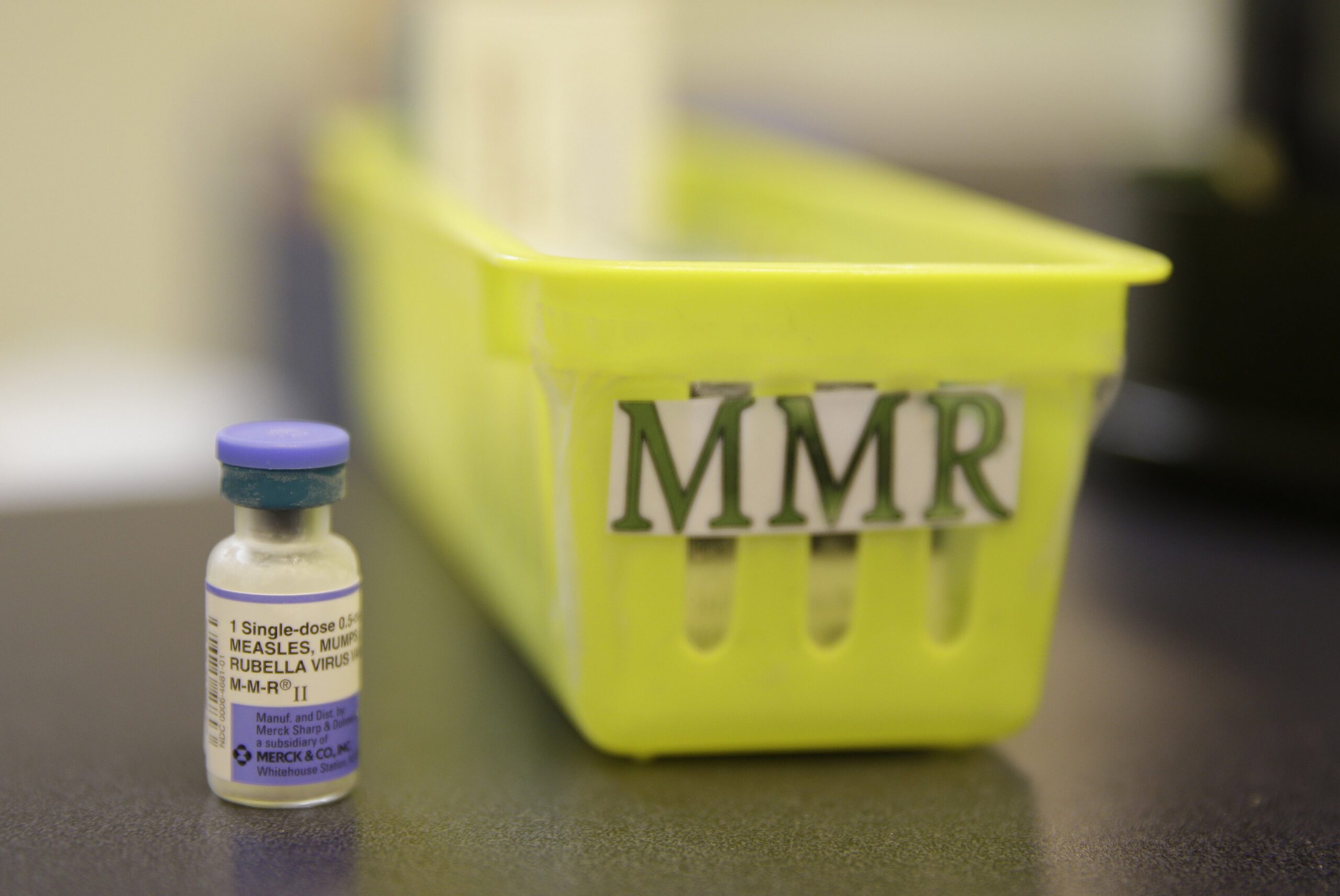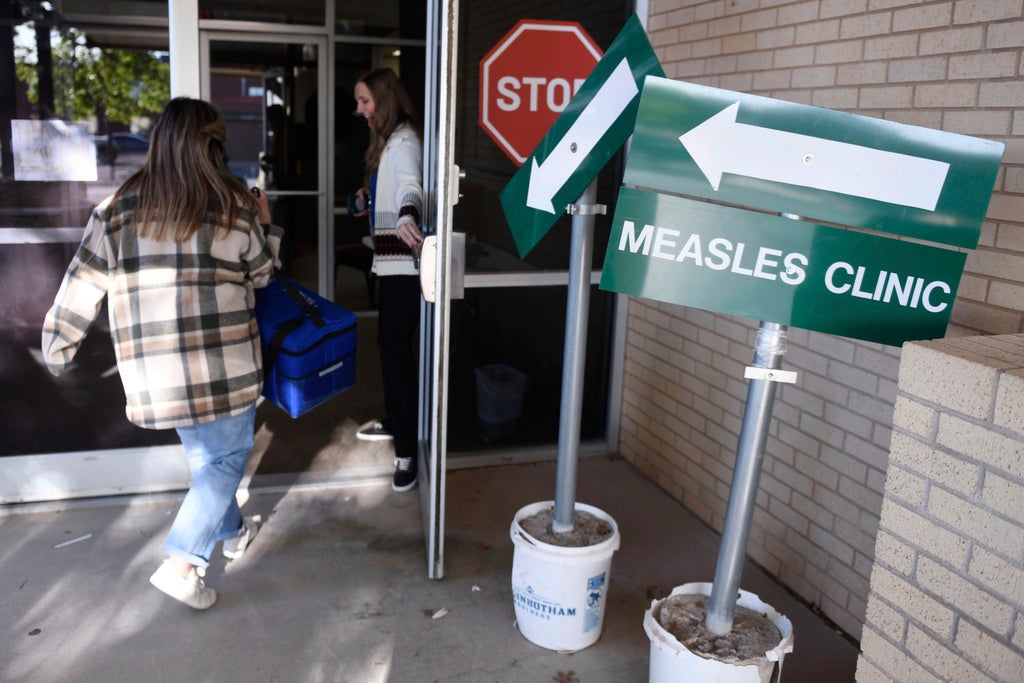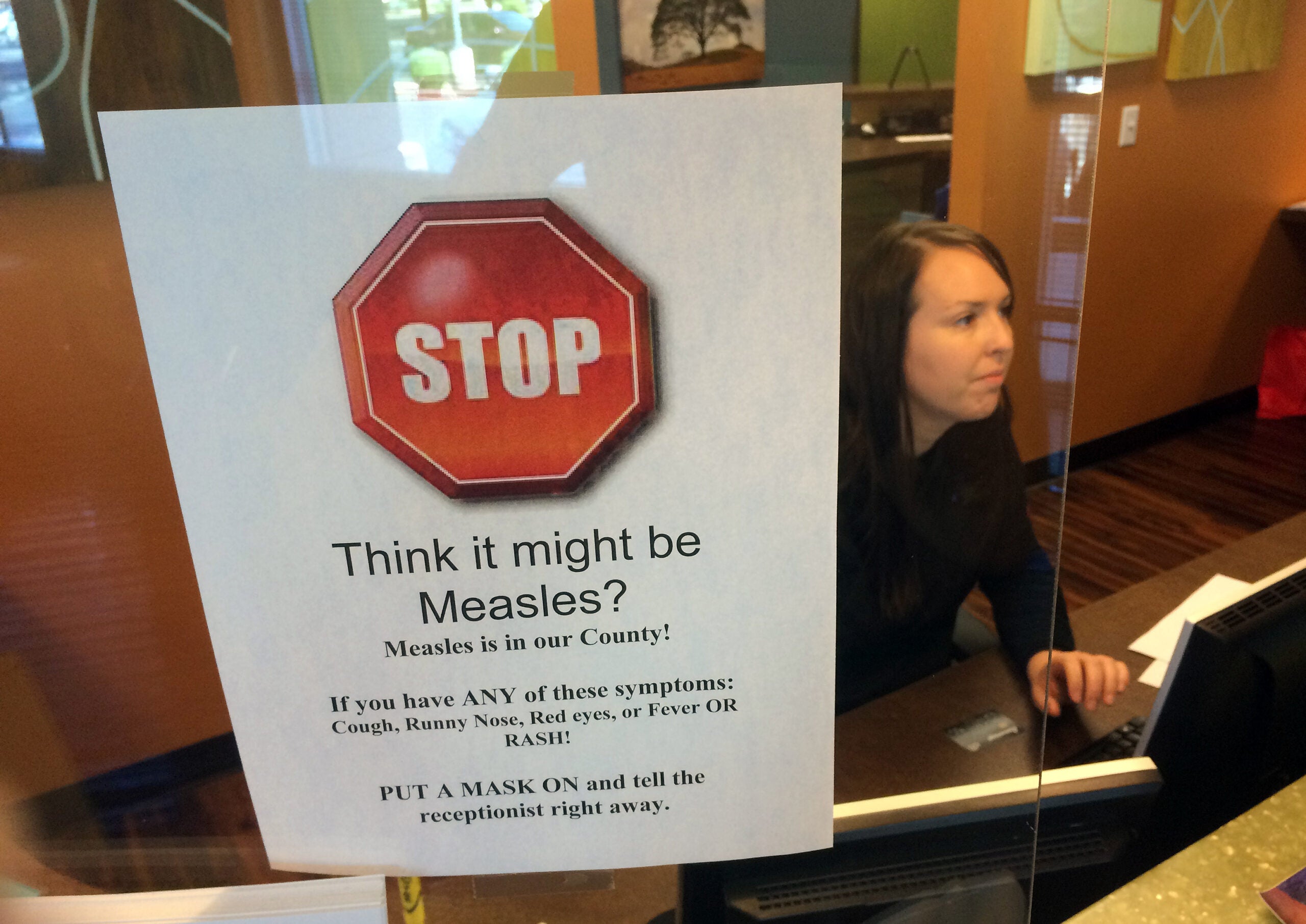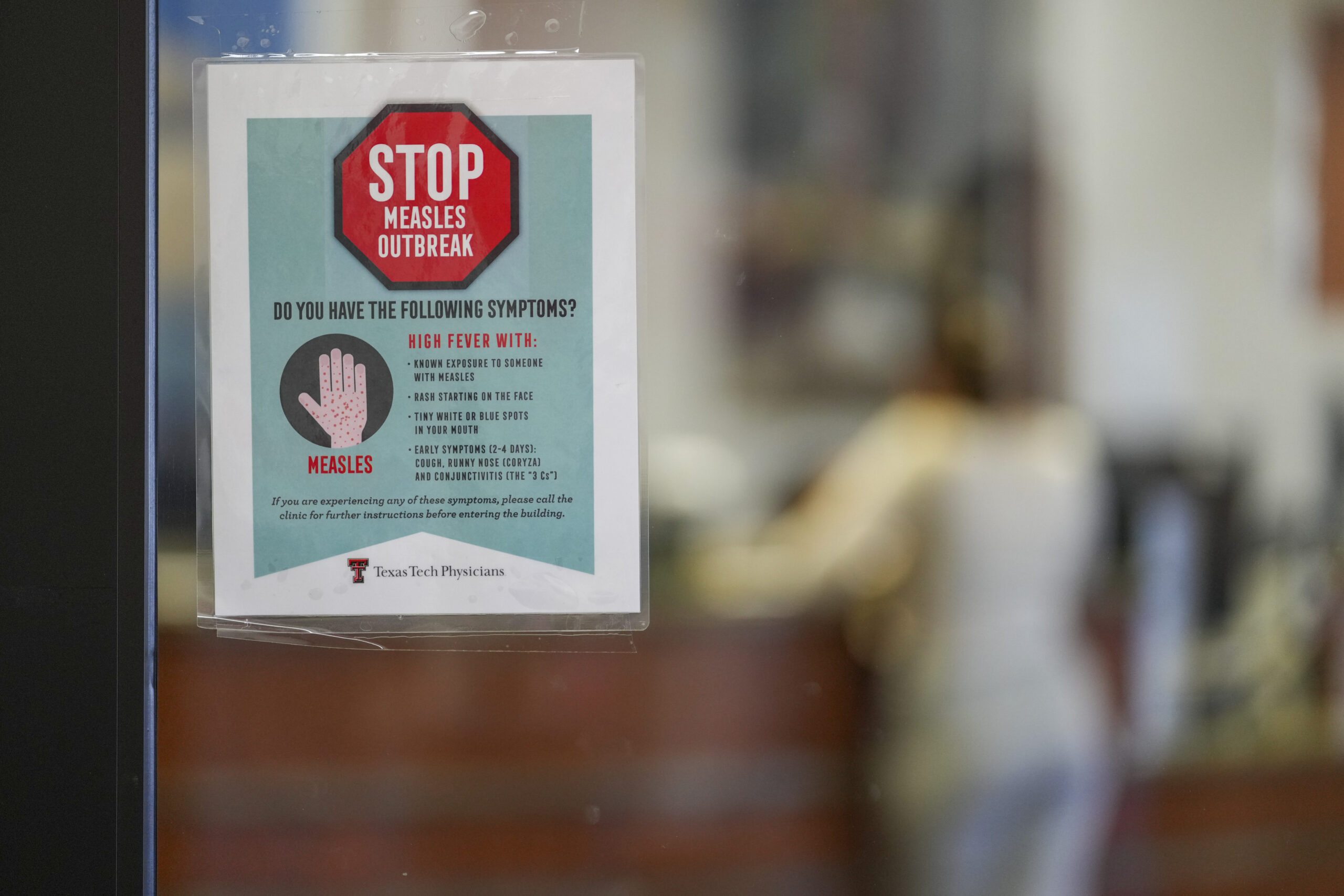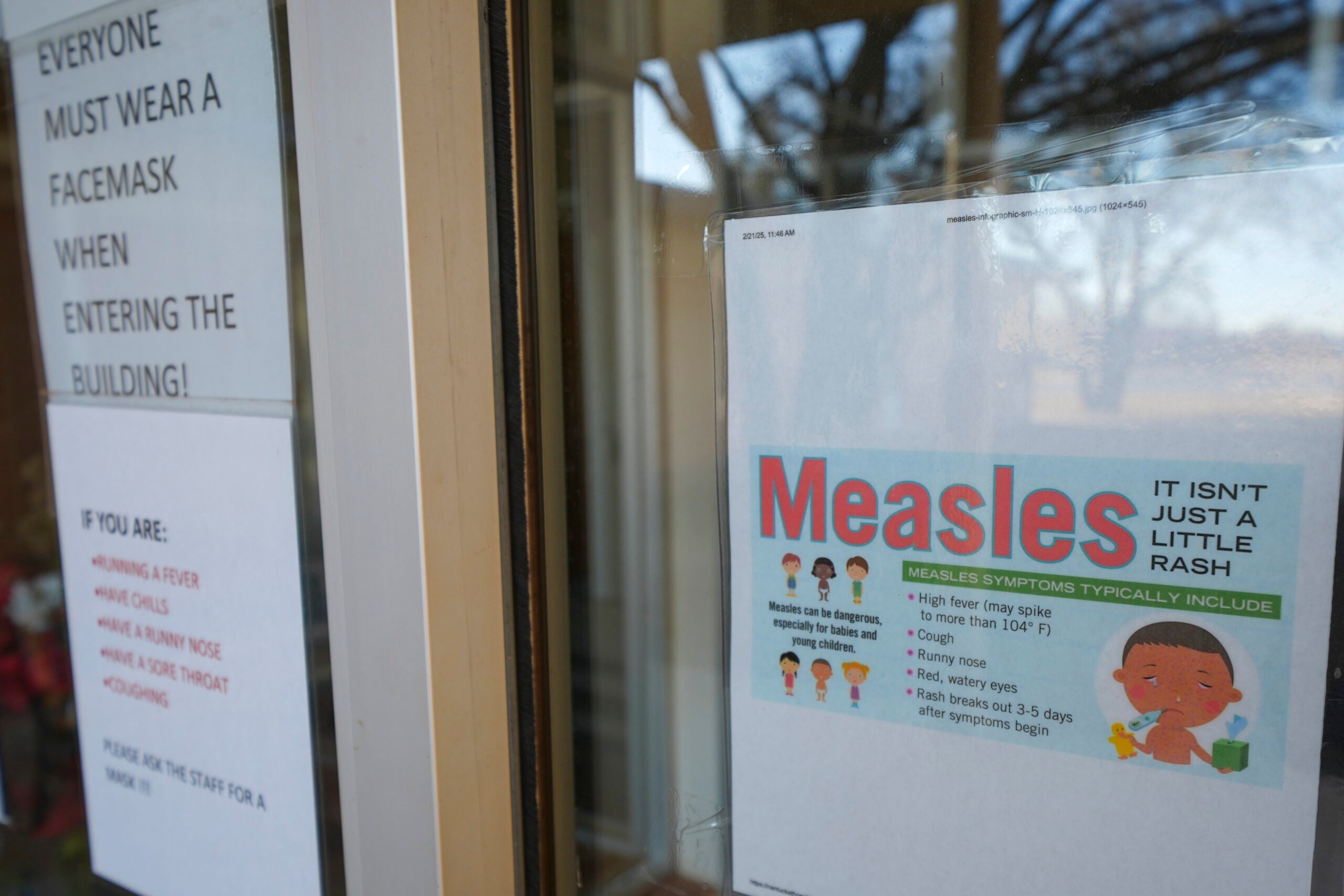Last year’s Wisconsin kindergartners had lower vaccination rates than other states, according to an October CDC report. That means they were less protected against infections, including whooping cough, tetanus, polio and measles.
“Our families and our communities are more vulnerable to diseases like measles,” said Stephanie Schauer, Wisconsin immunization program manager for the state Department of Health Services.
The report found 92.7 percent of kindergartners across the country got the measles, mumps, and rubella or MMR vaccination, while 84.8 percent were vaccinated in Wisconsin.
News with a little more humanity
WPR’s “Wisconsin Today” newsletter keeps you connected to the state you love without feeling overwhelmed. No paywall. No agenda. No corporate filter.
Schauer said even a small percentage of unvaccinated children can increase risks.
“I mean, this is the population of Wisconsin children for kindergarten,” she said. “Even a small change is a large number of kids. It’s too many kids (than) we want to be unprotected.”
Overall, rates for recommended childhood vaccinations were down nationally, compared to last year. Schauer said the pandemic is one reason.
“The impact of the pandemic, we’ve known, has had an adverse effect on childhood immunizations,” she said. “And we’re starting to see the children that were born just before (and) during the pandemic start to come into school.”
She said there could be many reasons behind Wisconsin’s lagging rates. First of all, states could tally vaccination rates differently. But also, forces like decreased trust in vaccines, mis- and disinformation and lack of access to clinics are likely contributing.
“These low vaccination rates are worrisome, especially given that there are pockets of the state with very low rates (that) are not protected against vaccine preventable diseases,” Schauer said.
In September, the state Department of Health Services reported a spike in whooping cough cases in Wisconsin and urged vaccination. There were over 10 times more reported cases than in 2023.
Children can get vaccinated at the doctor, pharmacy or pop-up clinics. Services like the Vaccines for Children program can help eligible children get vaccines for free or at reduced cost.
“The issue regarding payment should not be part of that decision on whether a child should be vaccinated or not,” Schauer said.
Wisconsin Public Radio, © Copyright 2025, Board of Regents of the University of Wisconsin System and Wisconsin Educational Communications Board.

